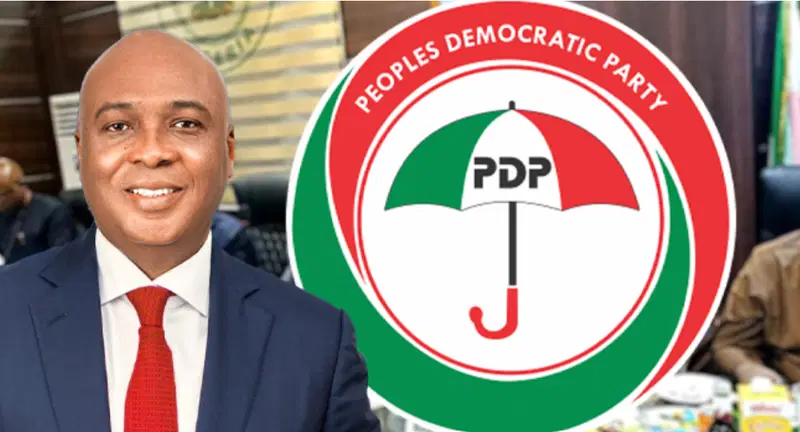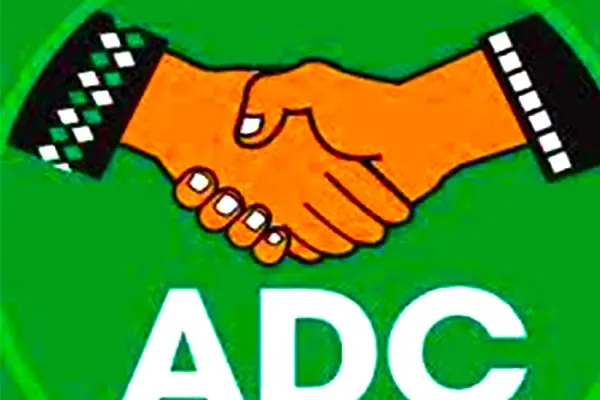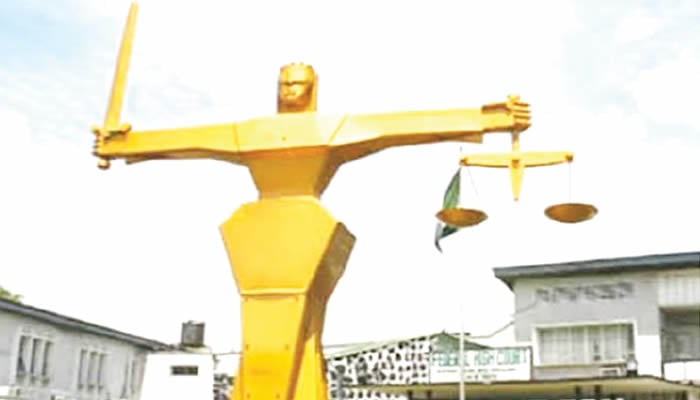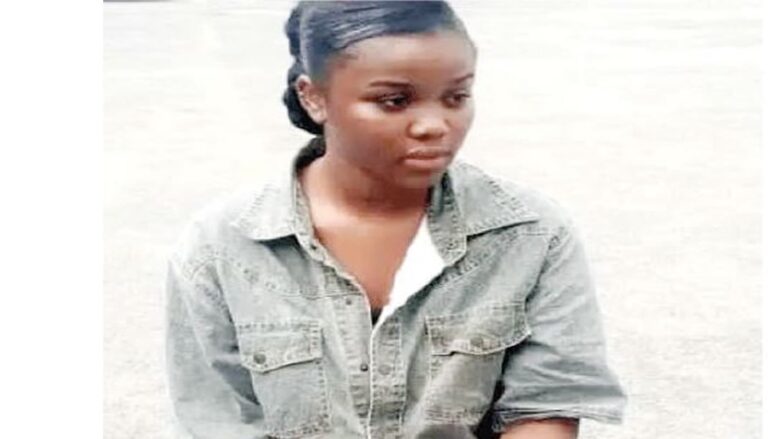
As the 2027 election inches closer, Nigeria’s main opposition party, the Peoples Democratic Party (PDP), is again entering the contest divided, wounded and suffocated.
With the continued exodus of its members to the ruling All Progressives Congress (APC) and subsisting internal crisis, the PDP eventually realised the need to steady its sinking ship before the defection wave drowns it in the ocean of controversy.
To carry out this crucial task, governors and past governors elected on the party’s platform called on an old hand, former Senate President Bukola Saraki, to lead the rescue mission.
The former governor of Kwara State has been tasked with leading peace talks among warring PDP factions, resolving the crisis about the national secretary position and bringing the party together ahead of the 2027 general elections.
Saraki’s mandate is clear but daunting, so many observers have asked if his intervention would bring a lasting peace to the PDP.
An umbrella in tatters
To say the PDP is in crisis is an understatement. Since the party lost the presidency in 2015, it has repeatedly failed to recalibrate itself. Every election cycle has been a show of shame, exposing the party’s internal contradictions over zoning and leadership.
The 2023 election was no different. The party’s choice of Atiku Abubakar, a northerner, as its presidential flagbearer sparked a fierce backlash from southern power blocs, particularly the camp led by current FCT Minister Nyesom Wike.
With 2027 approaching, the same scenario appears to be playing out again as Atiku desperately positions himself for the party’s ticket. Meanwhile, Wike has unequivocally declared his stance on the coming election.
In his recent press briefing, the former Governor of Rivers State warned the party against presenting another northern candidate, predicting that the PDP will fail again if it dares to.
Whether the PDP leaders like it or not, Wike’s position resonates with Southerners, who believe their region deserves to complete an eight-year presidency before power returns to the North.
Zoning: The torn in the umbrella
The PDP zoning debacle started after Atiku emerged as the party’s presidential candidate, at the expense of the call for a southern candidate.
This gave Wike enough ammo to fire against the PDP. The situation pushed him to build a relationship with the APC, which made him a strong opponent within an already weak opposition.
Now, the PDP faces the same zoning crossroads ahead of 2027. Political observers are waiting to see where the pendulum will swing this time: South or North?
However, while northern stakeholders believe their numbers could help the PDP regain power, their Southern counterparts think fielding a presidential candidate from their region could help the party regain lost ground in key zones.
Enter Saraki — The peacemaker
Against this backdrop, Saraki’s emergence as the face of reconciliation is not a mistake. The ex-governor is perceived as a bridge between the old and new PDP, the North and South, the elite and the grassroots.
Bukola Saraki
Reputed for his strategic and quiet diplomacy, Saraki has handled serious political issues before — remember how he emerged as the Senate President and how his leadership of the Senate navigated the tense relationship with Buhari’s presidency.
But this is a different battlefield. Saraki is walking into a house that’s not just divided, but also collapsing due to defections.
Commenting on the PDP’s current state, former Governor of Benue State, Gabriel Suswam, recently warned that the party could die if Saraki’s reconciliation efforts fail.
Whatever Saraki intends to do, his reconciliation moves must include plans to appease the Wike camp, re-engage stakeholders across regions and reset the zoning narrative to reflect Nigeria’s geopolitical balance. It’s a tall order, but many Nigerians believe Saraki has the political dexterity to complete it — if the party allows him to.
The hurdles before Saraki
The task given to Saraki won’t be a walk in the park. The PDP chieftain and the party leaders who assigned him the task fully understand the hurdles before him.
First, Wike is one of the major hurdles, and the success of Saraki’s reconciliatory moves will largely depend on whether Wike will agree with Saraki’s resolution.
Second, the PDP is a divided house, and according to Suswam, some of its disenchanted members are only waiting for it to collapse. Worse still, many members who are loyal to Wike will only follow the minister’s lead. So, bringing such members to take the party seriously is up to Saraki.
Lastly, being in opposition and losing your war chests due to a tsunami of defections is a big disadvantage.
The assignment given to Saraki will require a huge financial muscle to bring every member back to the table and bring sanity to the party. But the question is: Which PDP state is ready to commit its resources to stabilising the party like Wike did?
2027 is here…
The race for the next election has begun. 2027 may seem far off, but in political terms, it’s tomorrow. The APC is already consolidating its grip, absorbing defectors from the PDP and the Labour Party.
Like the PDP, the LP is struggling with internal issues. But despite its crisis, the party still appeals to the Nigerian youth population.
Sadly, the main opposition party is repeatedly stuck and unsettled by leadership and the zoning crisis.
If Saraki’s reconciliation efforts fail, the consequences are clear: the PDP will lose its national reach and slide further into irrelevance. But if he succeeds, he could set the stage for a political comeback.
In any case, Saraki has been given a task. Whether he can restore the party to its former glory remains to be seen. But one thing is clear: 2027 won’t wait for the PDP and its stakeholders.
VANGUARD.




